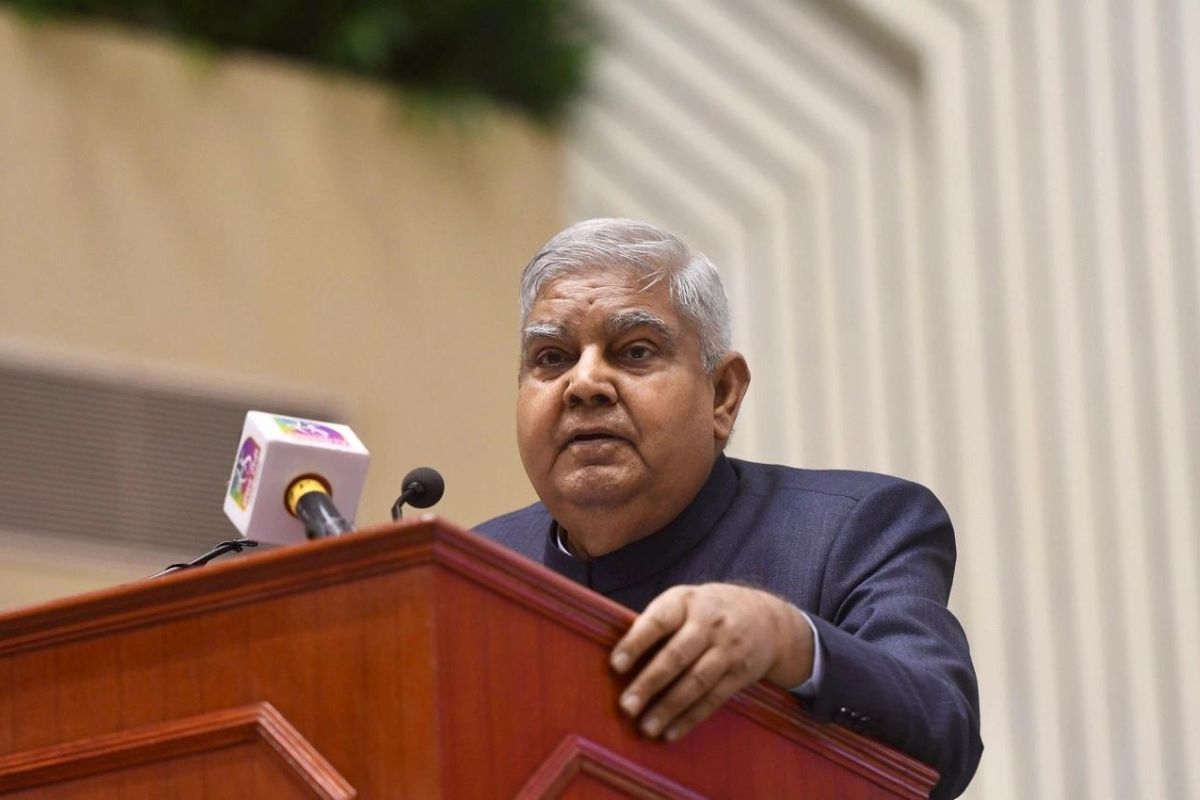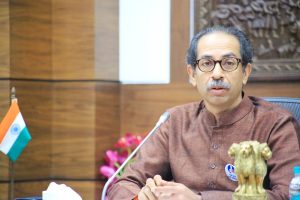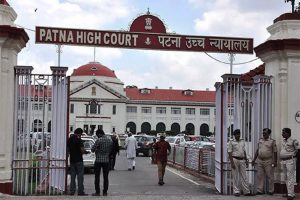Extensions in service in any form for a particular post are a setback to those in line and defy the logical principle of expectation, Vice President Jagdeep Dhankhar said on Saturday.
”We have a doctrine of expectation. People devote decades to be in a particular groove. Extension indicates that some individual is indispensable. Indispensability is a myth. Talent abounds in this country. No one is indispensable. And therefore, it lies in the domain of public service commissions at the state and the central level that when they have a role in such kinds of situations, they must be firm,” he said delivering the inaugural address at the 25th National Conference of Chairpersons of All State Public Service Commission at Bengaluru.
Advertisement
He stressed that the appointments cannot be driven by patronage, by favoritism. ”We must account ourselves to our conscience. We cannot have a public service commission chairman or a member, wedded to a particular ideology or an individual. That will be undoing the essence and spirit of the framework of the constitution.”
Drawing attention towards post-retirement assignments, Mr Dhankhar said, “Post-retirement recruitment is a problem. In some states it has been structured. Employees never retire, particularly those in the premium services. They get a number of ad-hoc nomenclatures. This is not good. Everyone in the country must have due and that due is defined by law. Any largesse of this kind is antithetical to what was visualised by the framers of the Constitution.”
Expressing concern over paper leaks, he said this is a menace that has to be curbed. The fairness of selection will have no meaning if paper leakages are there. And paper leakage has become an industry, a commerce.
”People, young boys and girls used to have fear of examinations. How difficult the question will be. How will we address it? Now they are having two fears. One is fear of examinations. Second, fear of leakage. So when they are giving their very best for several months and weeks to prepare for an examination, they receive the setback of leakage,” he said.
Highlighting the divisive and polarized nature of polity, the Vice President said: “Our polity at the moment is too divisive, too polarised. Interaction is not taking place at the premium level in political organizations. When it comes to nations, when the world is in a transformative phase, it is India’s century. That century can be fully fructified for people’s gain only when we have a calm political atmosphere. We need political fire extinguishers. A political divisiveness, a vitiated political climate is far more dangerous than the climate change we are facing.”
Emphasising the need to solve the issues faced by the nation through dialogue and discussion instead of ignoring them, Mr Dhankhar stated, “We are a country where there is bound to be governance of different ideologies and why not? That is an inclusivity manifestation in our society. I, therefore, urge from this platform that all those who are in the seat of governance, at all levels, must enhance dialogue, must believe in consensus, must always be ready for deliberation. The problems the nation is facing should not be relegated to the background. We cannot afford any longer to have problems on the back burner. No. These will have to be addressed at the earliest.”











